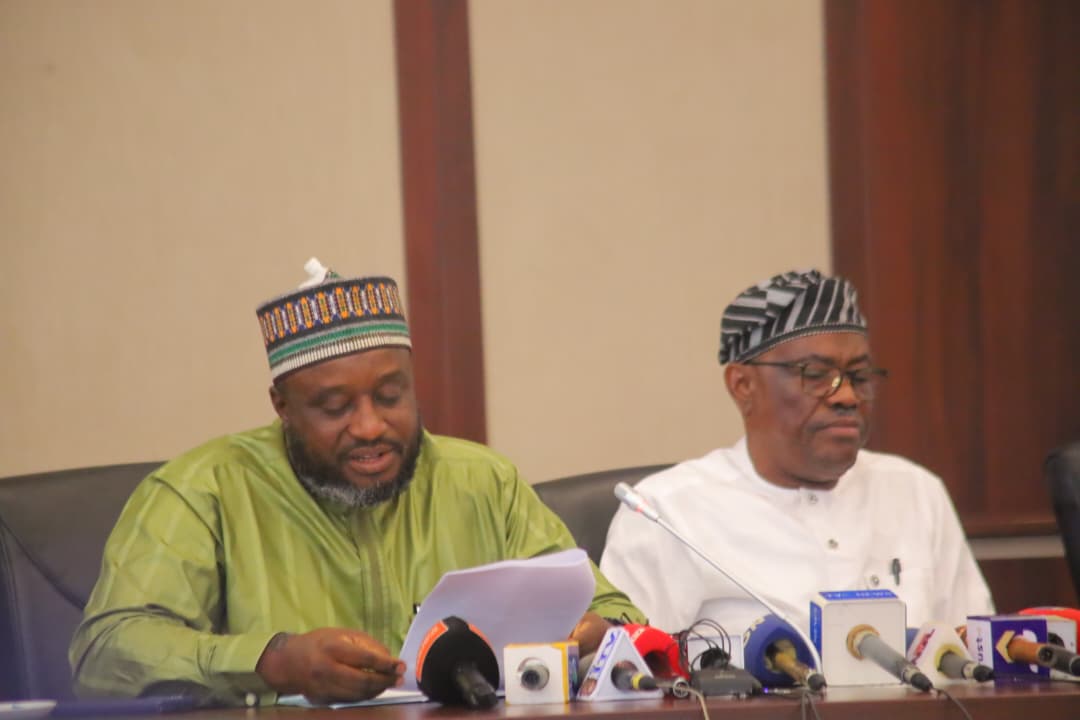The Acting National Chairman of the Peoples Democratic Party (PDP), Alhaji Abdulrahman Muhammad in an address marking a significant leadership overhaul, squarely blamed the party’s recent decline on the “compromised” moral authority and “unconstitutional” practices of its immediate past leadership.
Speaking on Friday at the inauguration of a newly reconstituted Board of Trustees (BoT) in Abuja, Muhammad described the event as the definitive start of “a new era of moral renewal and institutional discipline” for the opposition party.
The acting chairman detailed a period of deep internal crisis, citing the leadership of the former BoT led by Senator Adolphus Wabara, whose suspension by the Abia State chapter over alleged anti-party activities had, according to Muhammad, rendered the board “divided and ineffective.”
“The Board that was meant to be the moral compass of our party became divided and ineffective,” Muhammad stated, describing its loss of credibility as a “painful but necessary step” that forced the party to rebuild.
He extended his criticism to the then-suspended National Chairman, Ambassador Umar Damagum, accusing his leadership of choosing “convenience over the constitution and personal loyalty over the rule of law.” This approach, he alleged, involved ignoring court judgments and shielding members who violated party rules, which pushed the PDP to a “point of deep internal disillusionment.”
Muhammad framed a recent Federal High Court judgment—which facilitated the BoT’s reconstitution—not as an attack on the party, but as a judicial intervention to save it.
“The court judgment was not an assault on the PDP; it was a reminder that no institution is greater than the law,” he said. “It was a call to return to our roots.”
He praised party members who sought legal redress, characterizing their actions as driven by “conscience” and a desire to “redeem” and “heal” the party.
The newly inaugurated BoT was presented as the cornerstone of the PDP’s revival. Muhammad charged its members with a “sacred trust,” urging them to “speak truth to power” and act as the “conscience and compass of the party.”
Reflecting on the party’s historical missteps, the acting chairman traced the root of its current problems to the abandonment of its zoning principle ahead of the 2015 elections. “It began when we allowed ambition to override equity,” he stated, acknowledging that the “consequences of those decisions still haunt us today.”
Looking forward, Muhammad vowed that the new leadership is committed to transparency, discipline, and strict adherence to the party’s constitution.
“Under this new leadership, the PDP will never again be held hostage by impunity, manipulation, or disregard for its own constitution,” he declared. “We must reform or risk irrelevance.”
In closing Muhammad appealed for unity, he called on members to rise above personal ambitions, framing the moment as a critical juncture to pull the party back from the brink and restore its foundational values.

